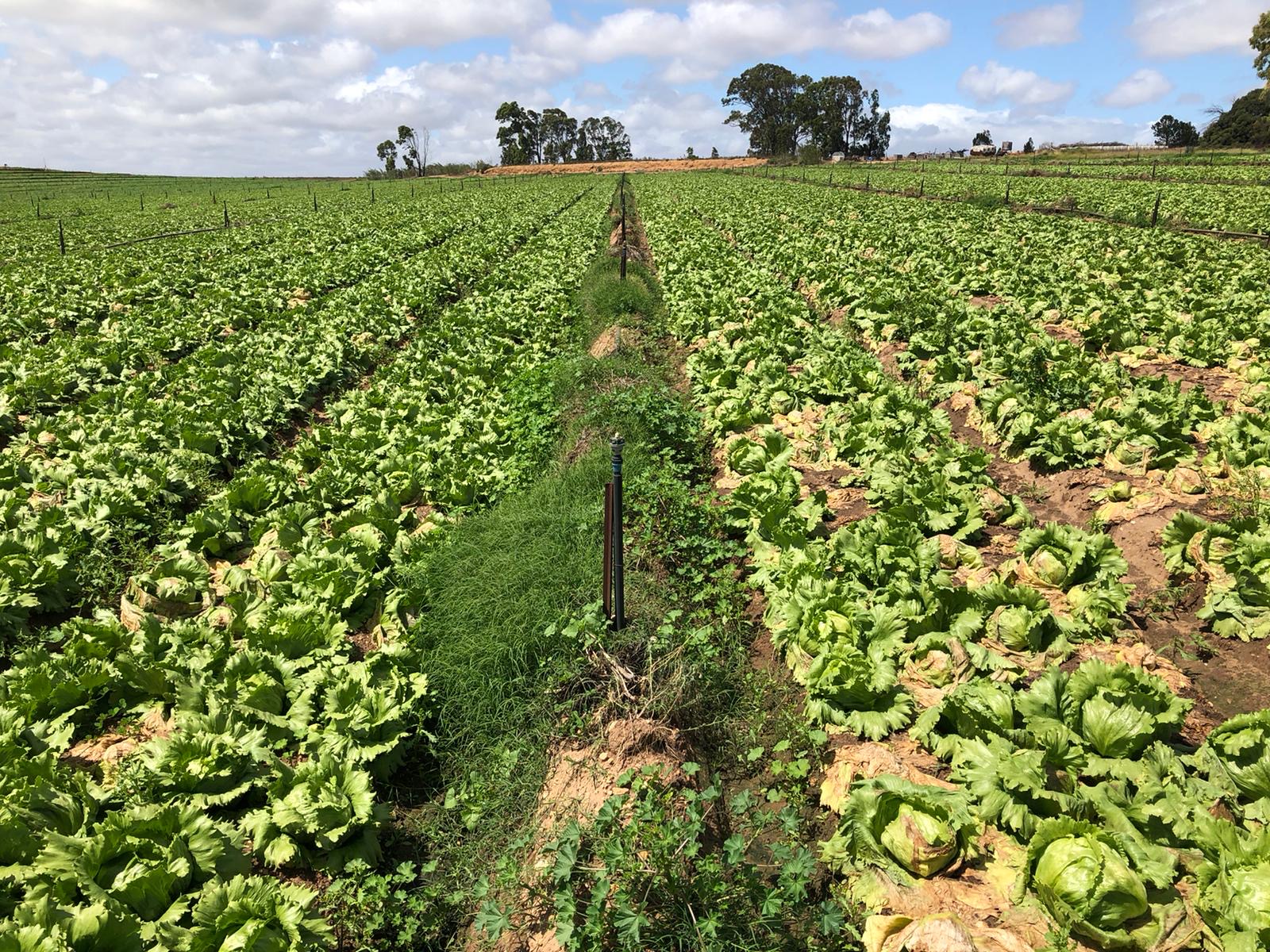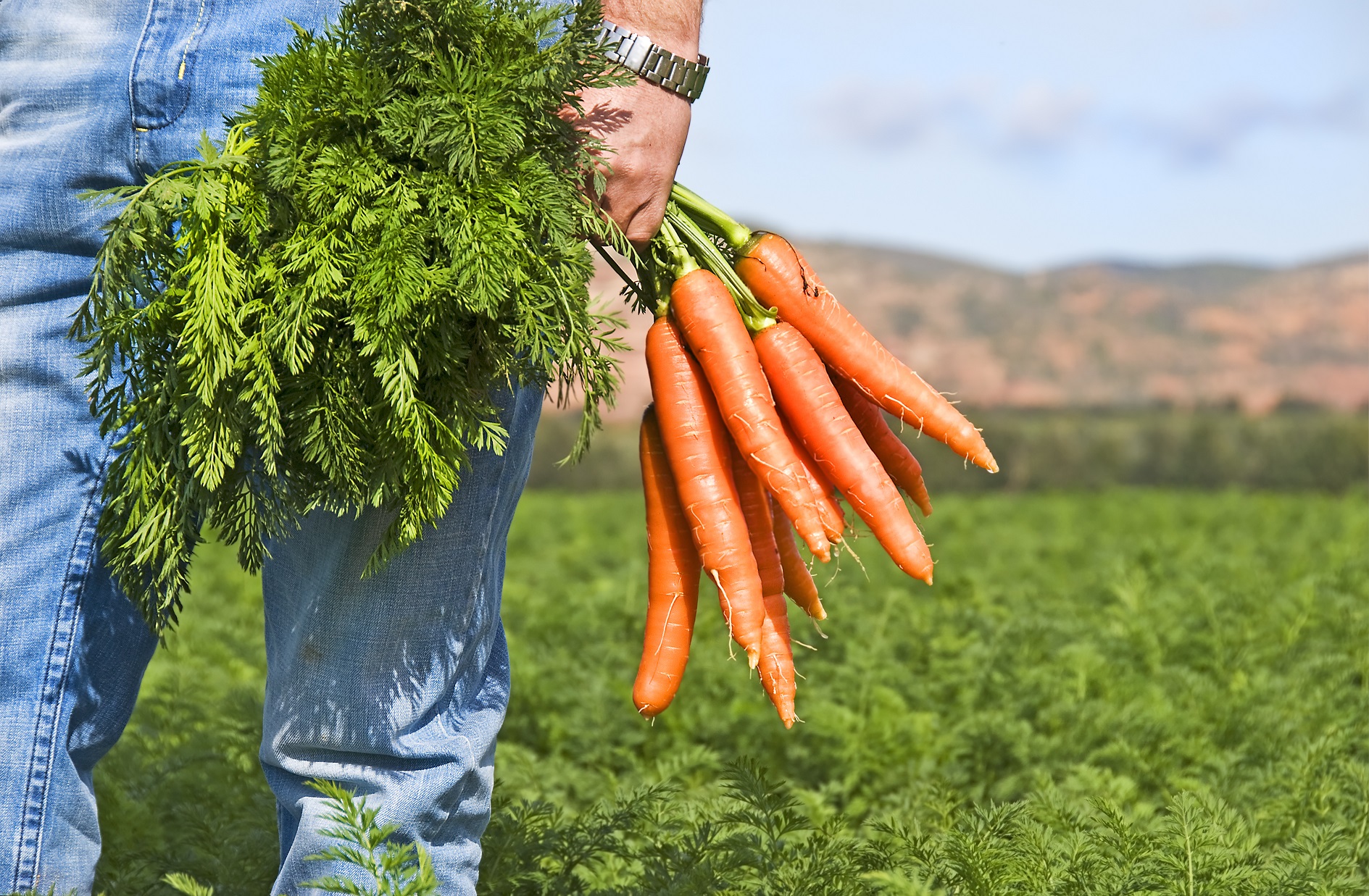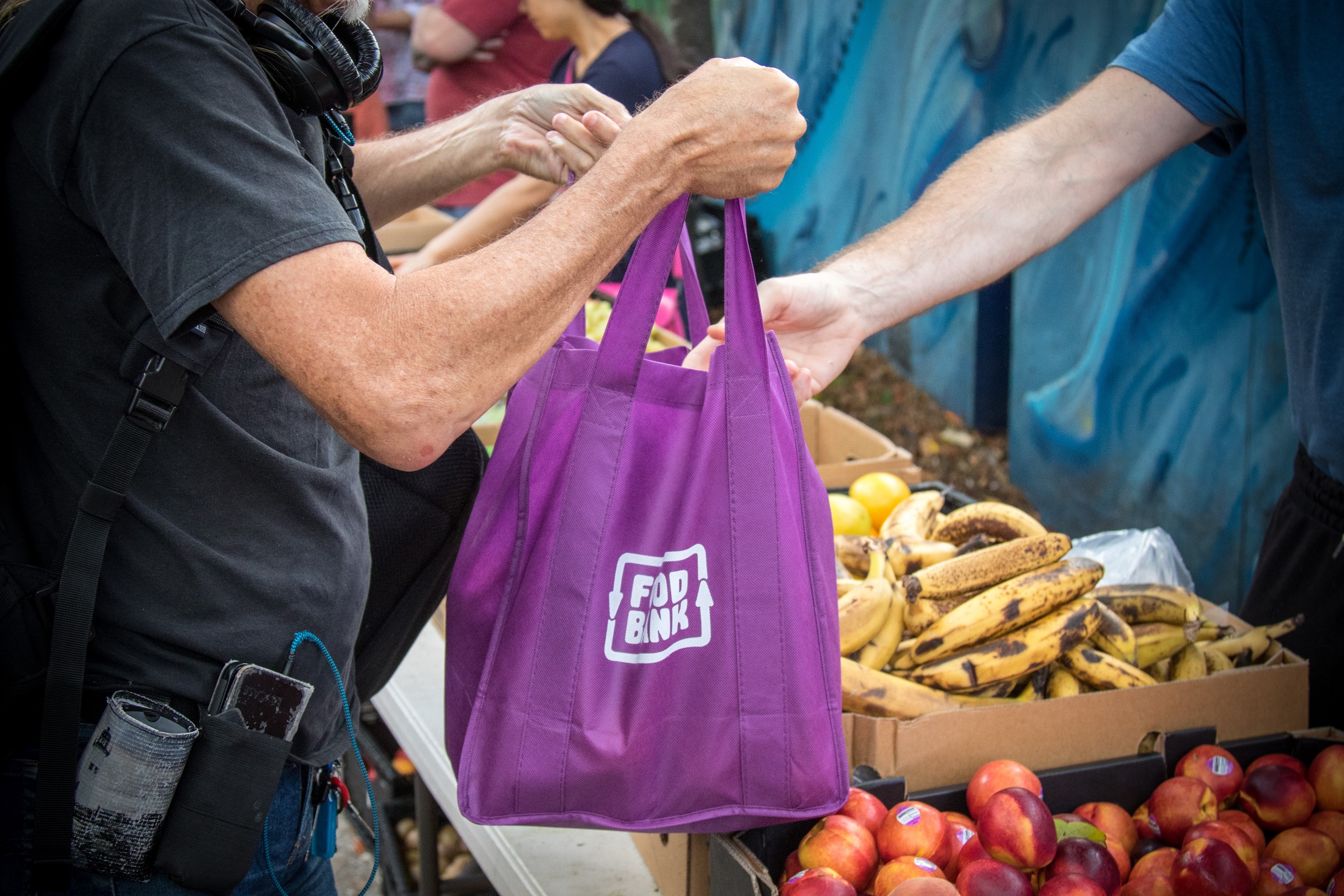
Offering disease control and value to vegetable growers
24 May 2021
AUSVEG Advocacy update: Focus on harvest labour intensifies
24 May 2021In recent times, many ordinary Australian families have had their lives turned upside down by events such as natural disasters or the COVID-19 pandemic. Many affected have endured financial hardship, which has led to increased reliance on food charity services. In this report, Foodbank Australia provides a snapshot of how these events have affected Australians, the ongoing challenges it faces, and how donations from horticultural businesses are helping those in need.
The last 24 months have been characterised by disruption and significant challenges for growers, packers, transporters and almost everyone involved in the food supply chain. As a community we have faced a global pandemic, significant labour shortages, drought, bushfires, cyclones and floods, to name a few.
These same challenges have also impacted and devastated everyday households through changes to employment, health, family caring needs and changes to circumstances no one expected would happen to them. The impacts have been felt far and wide across the Australian community and was immediately evident in the sharp 75 per cent increase in the demand for food relief assistance. This surge in demand occurred at the same time Foodbank was experiencing a drop of 27 per cent in donation volumes as the drought continued and panic buying was taking hold across key groceries and produce lines. A perfect storm of simultaneous supply and demand challenges.
Lending a hand
As the day-by-day supply chain challenges were being navigated collectively, Foodbank was able to provide 87.9 million meals in 2020, to ensure the families and individuals who were struggling the most were able to access sufficient, nutritious food. This vital and much needed support was distributed nationally and was able to reach more than three million people needing our help.
One of those recipients is Shirley in South Australia, whose own orchard was devastated by the 2020 summer bushfires.
She visits the mobile Foodbank Hub once a week.
“I only come for the fruit and veggies and just to see the company, the people,” Shirley says.
The support Foodbank provides simply wouldn’t be possible without the generous support of fruit and vegetable donors and produce program partners. The organisation is ever-grateful to the families and businesses across Australia who have donated fresh produce to help those in crisis, despite their own challenges. It is humbled by the contribution from the horticulture industry throughout 2020, and every single donation – big or small – helps to make a real difference to someone’s life. In fact, more than 28 per cent of our total volume distributed to charities and school breakfast programs in 2020 was fresh fruit and vegetables.
Growing donations
Queensland-based operation Kalfresh is one of Foodbank’s valued National Produce Donors.
“Kalfresh has been working with Foodbank for many years now, donating fresh produce which we know will benefit many people and organisations within our community,” Kalfresh Chief Executive Officer Richard Gorman explains.
“We are constantly amazed and impressed by Foodbank’s logistical agility, and the direct and immediate benefits Foodbank is able to deliver to those people who need support the most. As vegetable farmers we particularly enjoy knowing that the produce we have worked hard to grow, is not going to waste.”
There are also broader benefits of working with Foodbank: the immediate community benefit, and the environmental benefit of redirecting perfectly edible waste to Foodbank. In 2020, its activities saved 92.7 million kilograms of carbon dioxide (CO2) emissions, from perfectly edible waste being redirected as opposed to unnecessarily going to landfill. This is a win for the community and the environment.
Costa Managing Director and CEO Sean Hallahan said Costa was proud of its long-standing relationship with Foodbank.
“We congratulate Foodbank on the outstanding work it has done supporting communities in need through natural disasters and COVID-19. Over the past year, Foodbank has collected 294 tonnes of produce from across our farms, which not only provides healthy and nutritious produce for those most in need but has the added environmental benefit of avoiding waste to landfill and reducing carbon emissions.
“We look forward to continuing this valuable partnership.”
Minimising waste
With so many in the community in need and still feeling the impacts of the past 24 months – through COVID-19 job losses or still getting back on their feet following impacts of a natural disaster – there are lots of ways to get involved and fight hunger in Australia.
To help capture and avoid great product going to waste, we can work together to redirect it to the Foodbank network to help those in need. It can be product that is surplus, out of specification, too big, too small, rejected produce (utilising the HarvestMark disposition option with Woolworths or Aldi), private label/proprietary packaged product, bulk product, a one off or ongoing donation – if it’s available and fit for consumption, please get in touch.
Foodbank would like to extend a big thank you to AUSVEG and the horticulture industry for your support over an incredibly challenging 24 months. If you would like to find out more or visit our operation to see where your donations go, please get in touch with Jacqui by emailing supplychain@foodbank.org.au, or visit our website.
Find out more
Please visit the Foodbank website.

